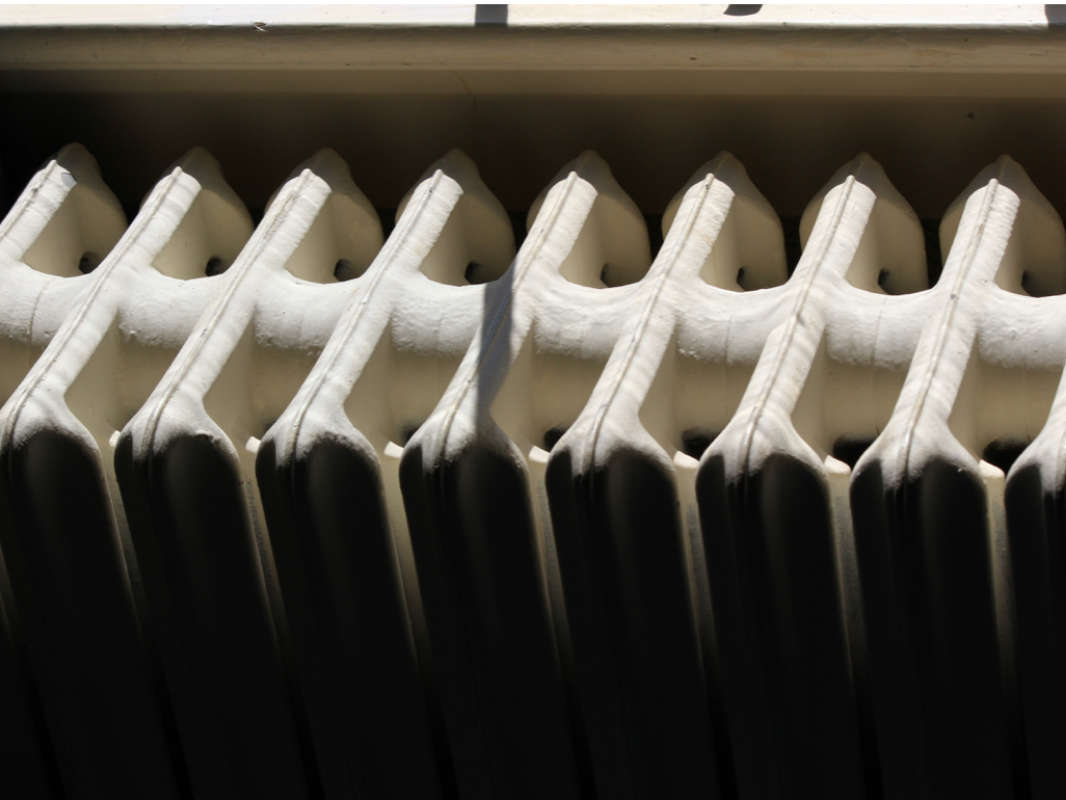
Families and individuals are living in fuel poverty in one in eight homes in Brighton and Hove which could equate to as many as 30,000 people.
The figures, included in a new official report, were published in May but date from 2020 – and since then, it noted, fuel prices had risen considerably.
The report said that a significant number of people died every winter in Brighton and Hove because of the cold, with an average of 144 “excess winter deaths” a year over the five years to 2018-19.
Living in a cold home because of fuel poverty had a disproportionate harmful effect on over 65s, under fives and people with health conditions such as heart or lung problems.
The report said:
“Exposure to cold temperatures increases blood pressure and risk of blood clotting, heart failure, heart attack and stroke.
“It also suppresses the immune system, diminishes the lungs’ capacity to fight off infection and increases constriction of the airways, increasing the risk of bronchitis and pneumonia.
“When a house is damp as well as cold, mould is likely to occur. This increases the risk of respiratory illness, particularly asthma.”
As well as charting the extent of fuel poverty, estimated to affect almost 16,000 local households, the report also spelt out efforts to ease the problem.
It said that the government had allocated another £2.1 million from its Household Support Fund to Brighton and Hove City Council to support low-income households.
The money covers the six months until the end of September and comes after the government allocated £2.1 million from the same fund for the previous six months.
The report added:
“A further extension of the Household Support Fund has also been confirmed from October 2022 until March 2023. Local details are still to be confirmed.”
A number of the measures to support people in fuel poverty are government-funded but the report also included local initiatives such as the Brighton and Hove Cost of Living Crisis Campaign.
The campaign’s Just Giving page has received more than £30,000 in donations.
The report, for the council’s Health and Wellbeing Board, said that the campaign was, “a local, public appeal to help people in poverty in Brighton and Hove with food and fuel costs, managed by Citizens Advice Brighton and Hove and Brighton and Hove Food Partnership, in partnership with (the council).”
It added:
“Initially, 60 per cent of donations to the appeal will be allocated to provide help with fuel poverty and 40 per cent to pay for emergency food.
“The fund will pay for prepayment vouchers for utilities or payments into utility accounts and food parcels or vouchers.
“It will also be used to purchase equipment that helps with food and fuel poverty such as slow cookers, microwaves or electric blankets.”
The council also runs a “Warmth for Wellbeing Programme” through its public health team, part-funded by the grant from the government’s Household Support Fund.
The report said that the programme gave debt and benefits advice or handled casework for 314 households and gave small grants for fuel payment to about 400 households.
The official definition of fuel poverty changed in February last year so that a household is classed as fuel poor if it
- has a residual income below the poverty line (after accounting for required fuel costs) and
- lives in a home that has an energy efficiency rating below Band C
…
The report said:
“Energy prices have increased significantly in response to global wholesale cost price increases.
“Since January 2021, 29 energy suppliers serving 4.3 million households have exited the market in Great Britain and customers have been facing less choice and fewer options to switch to better energy deals.
“The energy price cap increased from 1 April 2022 for approximately 22 million customers nationally.
“Based on average household use, those on default tariffs paying by direct debit saw an increase of £693 from £1,277 to £1,971 per year.
“Prepayment customers saw an increase of £708 from £1,309 to £2,017. This is an increase of 54 per cent.
“There are estimates that the cap on energy prices could increase by another 40 per cent to 50 per cent in October, moving the average annual bill to more than £3,000 per household following further wholesale natural gas and electricity price increases, exacerbated by the current conflict in Ukraine.
“There are estimates that the number of households in fuel poverty across the UK will increase … more than 50 per cent in just over six months.”
Locally, the Brighton and Hove Fuel Poverty and Affordable Warmth Steering Group was set up in 2016 and initially it was meeting every quarter.
The report said:
“Over the last year, initially in response to the pandemic and subsequently the increase in energy costs, the steering group has been meeting on a monthly basis with an expanded partnership.”
It has provided the chance for organisations, including the council, to co-ordinate their response to the cost-of-living crisis.
The steering group membership includes representatives from the council’s public health, housing, food policy and revenues and benefits teams as well as charities and community and voluntary sector organisations such as the Brighton and Hove Energy Services Co-operative (BHESCo) and Citizen’s Advice.
Councillors asked for an update on the current energy crisis and the steering group’s work as well as an update on the Fuel Poverty and Affordable Warmth Strategy for Brighton and Hove.
The report is due to be presented to the Health and Wellbeing Board at Hove Town Hall. The meeting is scheduled to start at 2pm on Tuesday (12 July) and to be webcast on the council’s website.

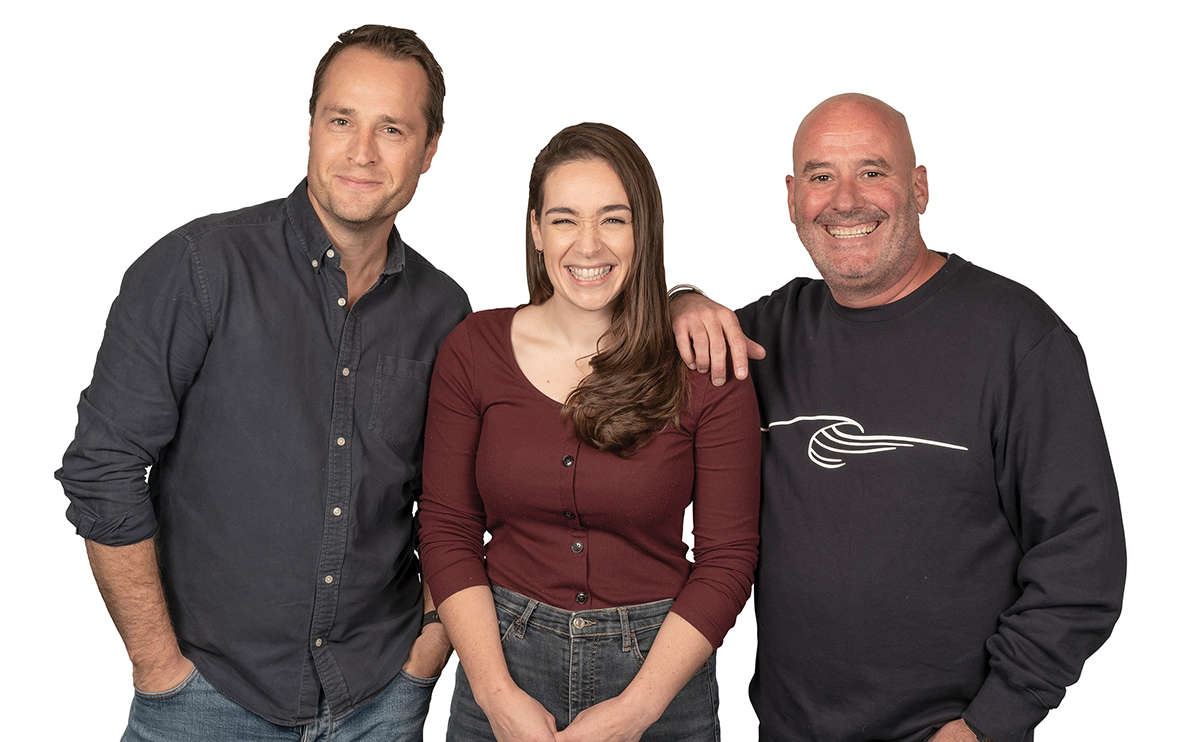
 Appeal Launched Following Chichester Assault
Appeal Launched Following Chichester Assault
 Extra Money Approved For More Than 200 New Council Homes On Brighton Estate
Extra Money Approved For More Than 200 New Council Homes On Brighton Estate
 London Man Jailed For Raping Woman On Brighton Seafront
London Man Jailed For Raping Woman On Brighton Seafront
 Man Found Guilty Of Murder After Fatal Hailsham Collision
Man Found Guilty Of Murder After Fatal Hailsham Collision
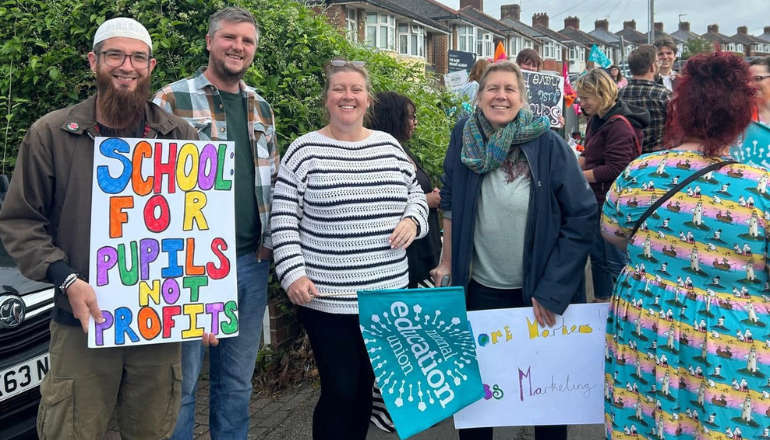 Hastings Green Party Releases University of Brighton Academy Trust Statement
Hastings Green Party Releases University of Brighton Academy Trust Statement
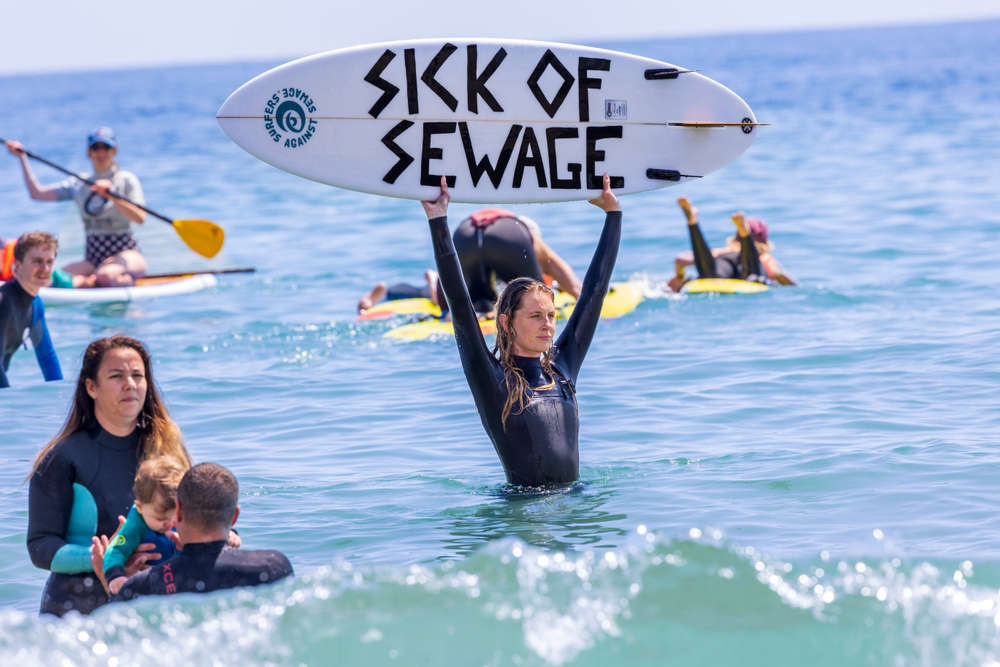 East Sussex Councillors Support Plastic Free Campaign
East Sussex Councillors Support Plastic Free Campaign
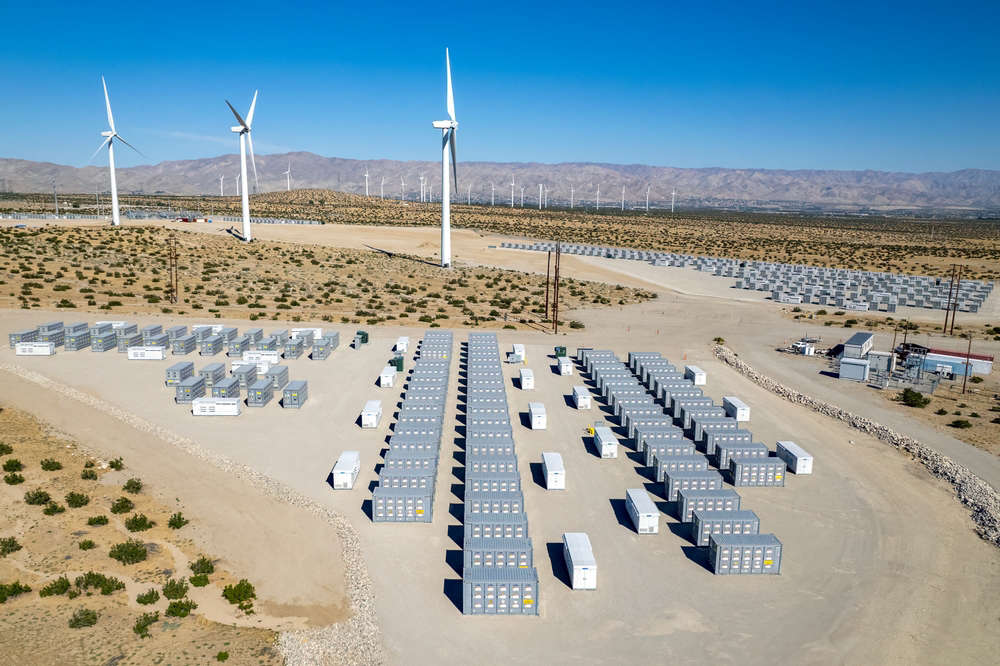 Twineham Battery Energy Storage Plans Approved
Twineham Battery Energy Storage Plans Approved
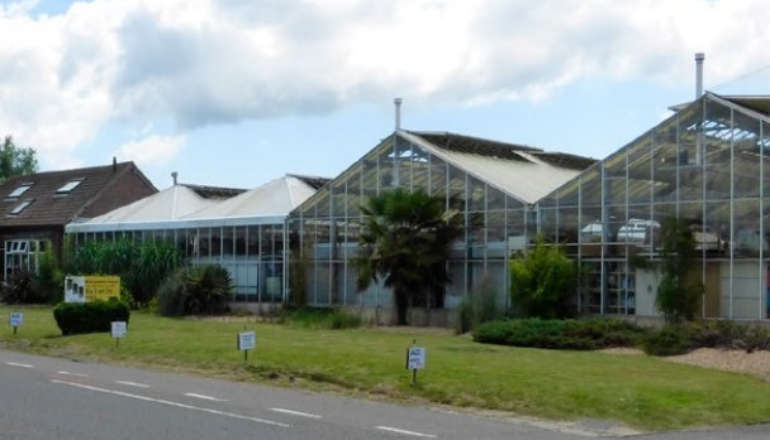 Chichester Garden Centre Demolition Plans Submitted
Chichester Garden Centre Demolition Plans Submitted
 Brighton and Hove Health Chiefs Outline Two-Week Plan For Appointments
Brighton and Hove Health Chiefs Outline Two-Week Plan For Appointments
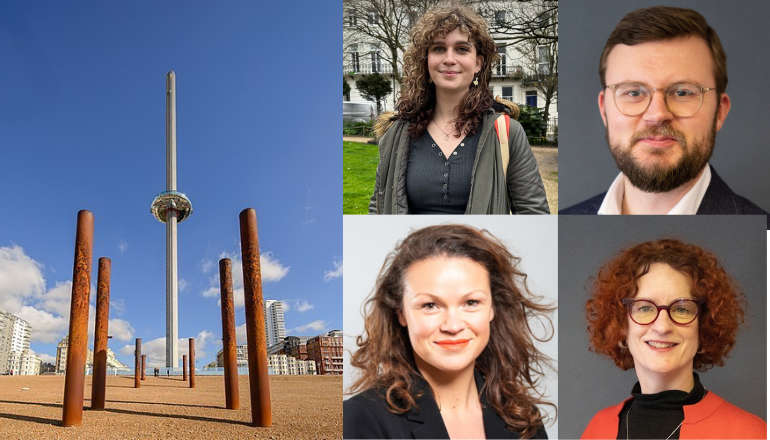 Brighton Taxpayers Will Take On i360 Loan Burden
Brighton Taxpayers Will Take On i360 Loan Burden